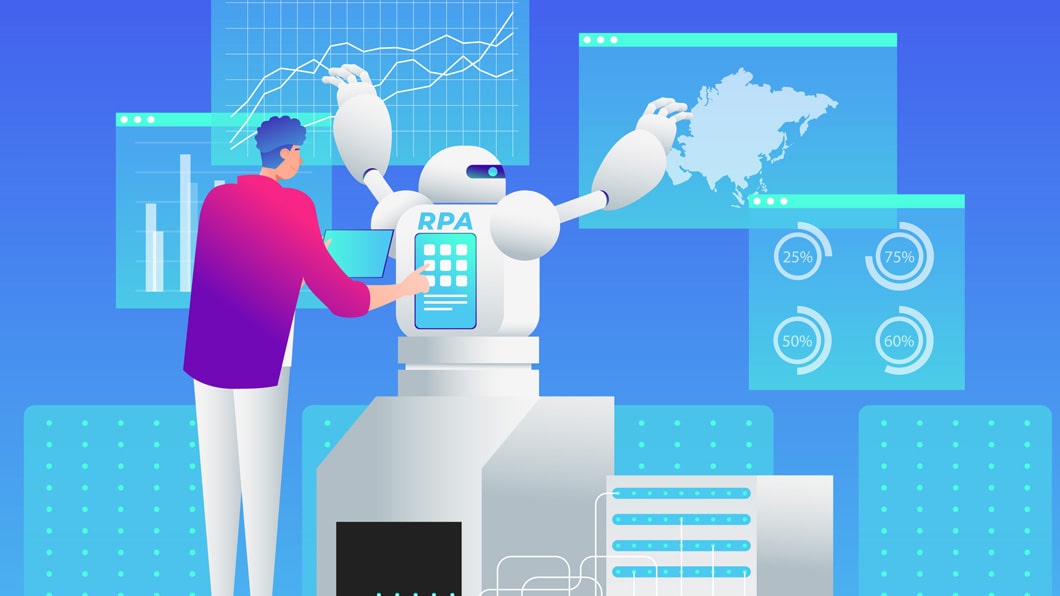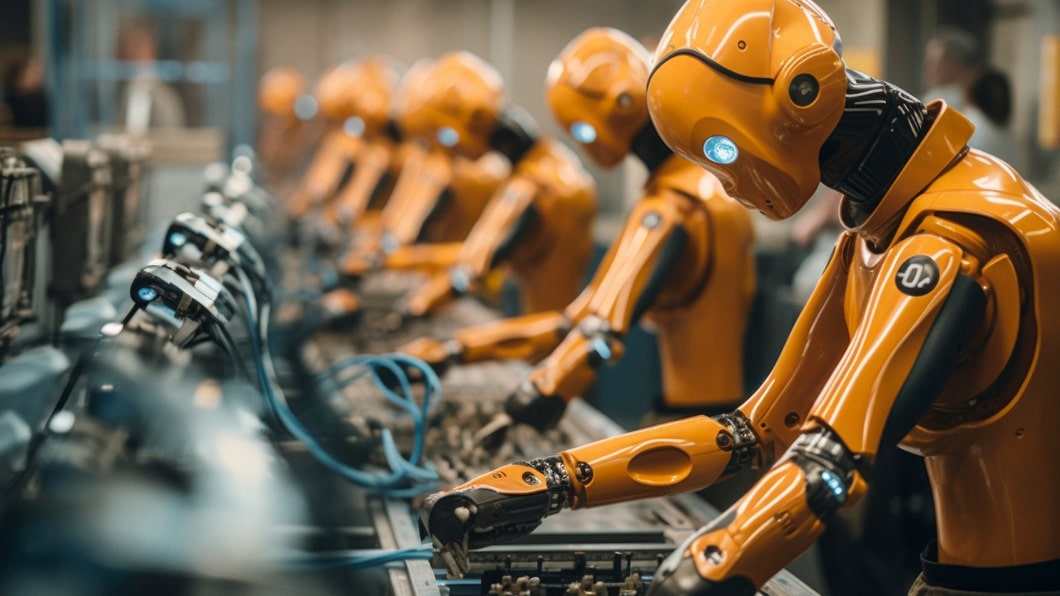
Machine Learning and its Applications in Various Industries
Introduction
Machine learning, a subset of artificial intelligence, has emerged as a powerful technology with the ability to analyze vast amounts of data and make accurate predictions or decisions. Its applications span across various industries, revolutionizing processes and driving innovation. In this article, we will explore the concept of machine learning and its diverse applications in different sectors.
Understanding Machine Learning
Machine learning involves the development of algorithms that enable computer systems to learn from data and improve their performance over time without being explicitly programmed. It relies on statistical techniques and mathematical models to extract patterns, identify correlations, and make informed predictions or decisions.
Applications of Machine Learning

- Healthcare Industry:
Machine learning has made significant advancements in healthcare, enabling improved diagnostics, personalized treatment plans, and predictive analytics. It can analyze medical records, imaging data, and genetic information to assist in disease diagnosis, recommend treatment options, and identify potential health risks. Machine learning algorithms can also be utilized to monitor patient vital signs, detect anomalies, and provide early warnings for critical conditions.
- Financial Services:
Machine learning plays a vital role in the financial industry, enhancing fraud detection, risk assessment, and investment strategies. It can analyze large volumes of financial data to identify fraudulent transactions, detect patterns of suspicious behavior, and minimize financial losses. Machine learning algorithms also enable credit scoring, loan approval processes, and portfolio management, aiding in making data-driven decisions and improving overall financial performance.
- Retail and E-commerce:
In the retail and e-commerce sectors, machine learning enables personalized recommendations, demand forecasting, and inventory management. By analyzing customer preferences, browsing history, and purchase patterns, machine learning algorithms can provide targeted product recommendations, enhancing customer satisfaction and driving sales. Additionally, machine learning techniques help optimize inventory levels, predict demand fluctuations, and improve supply chain efficiency.
- Manufacturing and Supply Chain:
Machine learning has transformed the manufacturing industry by optimizing production processes, predicting equipment failures, and improving supply chain management. By analyzing sensor data and historical performance, machine learning algorithms can detect anomalies, predict maintenance needs, and minimize downtime. Machine learning also facilitates demand forecasting, inventory optimization, and logistics planning, leading to streamlined operations and cost savings.
- Transportation and Logistics:
Machine learning is driving advancements in transportation and logistics by optimizing route planning, enhancing predictive maintenance, and improving fleet management. Machine learning algorithms can analyze traffic patterns, weather conditions, and historical data to optimize delivery routes, reducing transportation costs and improving efficiency. Additionally, machine learning aids in predictive maintenance, identifying potential equipment failures before they occur, minimizing disruptions, and maximizing uptime.
- Marketing and Advertising:
Machine learning empowers marketers to deliver targeted advertisements, optimize marketing campaigns, and improve customer segmentation. By analyzing customer data, browsing behavior, and social media interactions, machine learning algorithms can personalize marketing messages, increase conversion rates, and improve customer engagement. Machine learning also helps in sentiment analysis, social media monitoring, and customer churn prediction, allowing businesses to make data-driven marketing decisions.
Conclusion

Machine learning has become an integral part of various industries, transforming processes, and enabling data-driven decision-making. Its applications span across healthcare, finance, retail, manufacturing, transportation, logistics, marketing, and many other sectors. As technology advances, machine learning will continue to evolve, unlocking new possibilities and revolutionizing industries through its ability to analyze complex data and generate valuable insights.
FAQs
FAQ 1: What is the difference between machine learning and artificial intelligence (AI)?
Machine learning is a subset of artificial intelligence. While AI refers to the broader concept of creating intelligent machines that can simulate human behavior, machine learning specifically focuses on algorithms that allow systems to learn from data and improve their performance without explicit programming.
FAQ 2: How does machine learning handle privacy and data security concerns?
Machine learning algorithms require data to train and make predictions. To address privacy and data security concerns, organizations implementing machine learning employ various measures. These include data anonymization, encryption, access controls, and compliance with data protection regulations like GDPR. Additionally, organizations strive to ensure transparency and inform users about how their data is being used.
FAQ 3: What are the limitations of machine learning?
While machine learning has proven to be a powerful technology, it does have limitations. Machine learning algorithms heavily rely on data quality, and inaccurate or biased data can lead to flawed results. Overfitting, where a model performs well on training data but poorly on new data, is another challenge. Additionally, machine learning algorithms may struggle with explaining their decision-making processes, leading to concerns about transparency and interpretability.
FAQ 4: Can machine learning replace human jobs?
Machine learning has the potential to automate certain tasks traditionally performed by humans. While this may result in job displacement in some areas, it also creates new opportunities. Machine learning often complements human capabilities by handling repetitive or data-intensive tasks, allowing humans to focus on higher-level decision-making, creativity, and problem-solving. The future of work will likely involve collaboration between humans and machines.
FAQ 5: How can organizations implement machine learning in their operations?
Implementing machine learning requires a combination of technical expertise, quality data, and suitable infrastructure. Organizations can start by identifying use cases that can benefit from machine learning, gathering relevant data, and ensuring data quality. They need to build or acquire machine learning models and employ appropriate algorithms. Collaboration with data scientists and machine learning experts is crucial for successful implementation.





